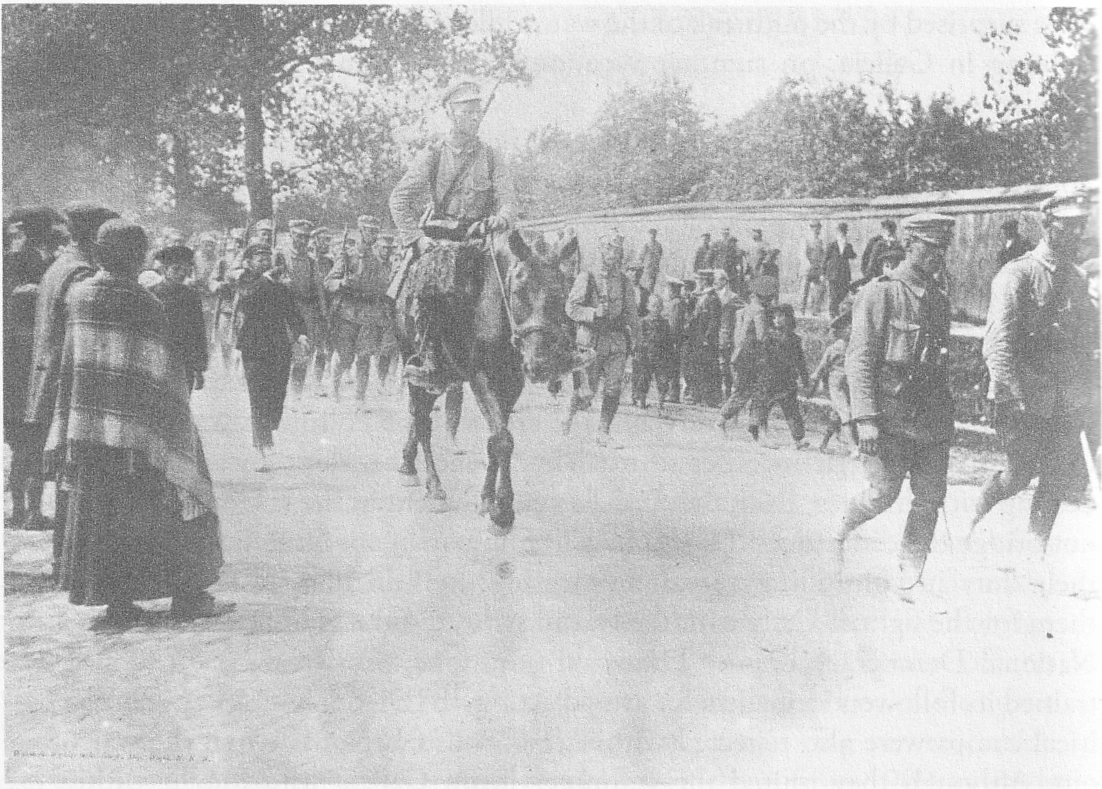In appearances like this Wagenknecht makes perfect sense, and moderators treat her as if she’s embarrassingly naïve. Mainstream German media argues from authority, from innuendo — she’s obviously wrong because, well, she’s obviously wrong, can’t you see that? Anyone and everyone can see that. And the right-wing likes her: what more proof do you need? There is a satisfied self-righteousness at play which is very culture-specific. It’s tribal behavior, divorced from rationality, devoid of facts.
Christoph Ruf’s piece captures this phenomenon well, citing Franziska Davies‘ calling Jürgen Habermas’ essay in »Süddeutsche Zeitung« »dämlich« and »Schnodder«. Ruf speaks of »fehlende Bescheidenheit« but it’s much more than that: there’s a real absence of logic. This reminds me of similar attacks on Susan Sontag or Noam Chomsky during Gulf War II in the US. You can agree or disagree with the arguments made, but what are you thinking when you call one of these people „naïve“? It’s odd to watch this.






